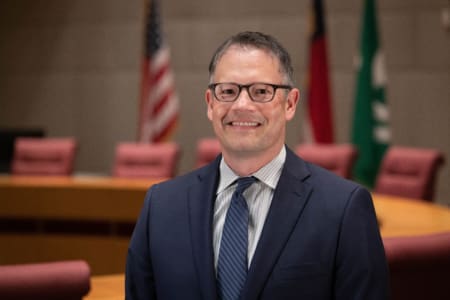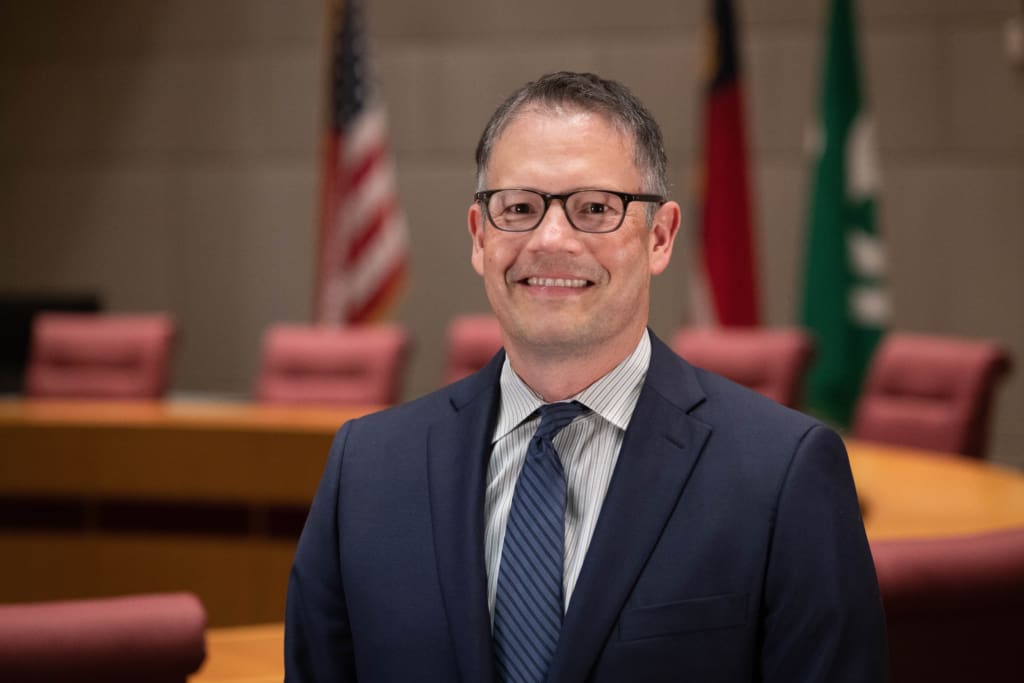
The City of Charlotte made headlines in July 2022 when their City Council adopted a Source of Income (SOI) protection policy. The policy is designed to prevent landlords who receive city-supported subsidies or financial incentives from refusing tenants on the basis that they are participants in either the Housing Choice Voucher (HCV) program or other rental subsidy programs.
Why does this matter?
Source of Income is not a protected class under the Federal Fair Housing Act, but policies have existed at the state and local level since the 1970s. These policies exist to protect tenants from discrimination based on lawful sources of income (namely, SSI, Veteran benefits, and Housing Vouchers). Over the past decade, Source of Income protections have increasingly gained traction, particularly at the local level. Currently, more than 120 state and local source of income protections laws exist. Other cities that have passed source of income legislation in recent years include Atlanta and Louisville, both of which prohibit all landlords across the city from refusing to rent to Housing Choice Voucher participants.
Finding a place to live that will accept a voucher can be challenging, and many vouchers expire before the recipient is able to obtain housing. In places with hot rental markets, like Charlotte, units can often command rents above the Fair Market Value (the maximum rent a landlord can charge for an HCV tenant). Lease-up time, inspections, and a host of other factors keep landlords from wanting to rent to HCV program participants. SOI protections increase the supply of units available to people in the HCV program, many of whom are women and people of color. In North Carolina, 78% of HCV program participants are people of color and 83% are female-headed households (https://www.huduser.gov/portal/datasets/assthsg.html).
The Process
Source of Income protection is not a new conversation for Charlotte. Director of Housing & Neighborhood Services Shawn Heath mentioned that the energy around this concept was building for at least five years prior to the establishment of an ad-hoc advisory committee. The timeline below summarizes some key events leading up to the passing of the ordinance in July 2022.
2020
- City Council consistently engages in conversations around the matter and begins to explore local options to improve the utilization rate of Housing Choice Vouchers in Charlotte.
2021
- City Council establishes an ad hoc advisory committee on Source of Income protections, a group of 7 local and diverse community members.
2022
- Early in the year, advisory group report outs to City Council
- Policy conversations with the entire Council
- Council passes the policy (July 2022)
- Council passes the enforcement mechanism for the policy (August 2022)
The policy and enforcement mechanism development was an iterative process filled with feedback and dialogue between staff and the ad hoc advisory group. This mutual respect and support was vital to the policy’s successful passage and implementation, Heath explains. “Ultimately, when we made the proposed enforcement mechanism to City Council, we were able to say that the ad-hoc advisory group and the local housing authority, Inlivian, were in support of the proposed enforcement mechanism, which we felt was a very important thing to say as a demonstration of community support for what we were doing.”
Key Takeaways: Costs, Challenges, and Lessons Learned
When asked about the costs to the organization when developing the policy, Heath highlighted the work and importance of the ad hoc advisory committee. “The advisory group did a lot of the heavy lifting,” said Heath.
He estimated that during the approximately 18-month period from the advisory group’s creation to the policy’s adoption, staff spent the equivalent of 1 person doing a couple of hours of work 2-3 times per month. Now that the policy has been adopted, the department’s asset management team oversees its enforcement. “As a department, we have dozens of projects and this was just one out of the mix that folded into our workflow.”
When asked to reflect on the lessons learned from the challenges experienced along the way, Heath offered three key pieces of advice:
Build stakeholder engagement early in the process.
Heath attributes the stakeholder engagement efforts built in early with the Source of Income Ad Hoc Advisory Group to the policy’s success:
“It was incredibly helpful for us at the staff level to know that we had roughly 7-9 external stakeholders who were very knowledgeable around these issues, very committed to these issues, trying to sort through this together over an extended period of time.”
Demystify the work.
Early on, Heath and his staff encountered misperceptions within the community, where some thought they were developing a mandate to force housing providers to accept housing vouchers and subsidies. “It became clear early on that we needed to demystify the work itself and what we were really striving to achieve,” Heath notes. “This is an area where I think language and words are very important.”
Through stakeholder conversations, staff reinforced and clarified that the policy’s aim is to prevent discrimination amongst housing providers that have received city support. Heath notes that the policy does not prevent landlords from using reasonable industry criteria: “A tenant’s ability to pay, their credit history, and their criminal history are all still relevant. The policy is trying to ensure that the lawful source of income, which would be the rental subsidy in this instance, isn’t precluding someone from having the opportunity to have a fair shake at […] city-supported housing.”
Set expectations on the granularity of the policy.
Some policies adopted by other municipalities provide high-level guidance without detailed enforcement mechanisms. Generally, these high-level policies may take less time to create and adopt. “We chose to have a policy that really spelled things out […] and that took a lot of engagement,” he said. “Some of those scenarios, particularly the market-rate developments, have a lot of moving parts, a lot of different entities involved, and we want to be sure we were supplying sufficient clarity to the marketplace in terms of who would be accountable for adhering to the policy and who ultimately would be accountable for the enforcement mechanism if there was an instance of noncompliance.” This took significantly more time. Heath recommends identifying the desired specificity ahead of time to help this part of the policy development process.
Another tool for our toolkits
Other communities have already taken note of this tool. Prior to the City of Charlotte, the City of Raleigh passed a resolution addressing source of income discrimination in March 2021, and the City of Winston-Salem passed the “City of Winston-Salem Housing Justice Act” in June 2022 to address source of income discrimination in their communities. Additionally, shortly after the City of Charlotte passed their policy, on September 21, the Mecklenburg County Board of Commissioners followed the City’s lead and adopted their own Source of Income protections policy that closely mirrored Charlotte.
There are many paths to mitigating the challenges of finding housing for HCV program participants. Source of income protections are one of the many tools in the affordable housing toolkit, and this particular approach is an example of local action within an large existing legal framework. Heath notes that further housing navigation and financial incentives would be necessary before thinking about extending protections to include privately owned properties without city or county investment.
Want to learn more about Source of Income Protections? Check out the resources below:
- State, Local and Federal Laws Banning Source of Income Discrimination | Poverty & Race Research Action Council
- State and Local Voucher Protection Laws | Urban Institute
- Your Money’s No Good Here: Combatting Source of Income Discrimination in Housing | American Bar Association
- Prohibiting Discrimination Against Renters Using Housing Vouchers Improves Results | Center for Budget and Policy Priorities
- Expanded Protections for Families with Housing Choice Vouchers | Poverty & Race Research Action Council
 Special Guest
Special Guest
Check out part of our conversation with Shawn during our Housing Call on 10/18/2022.
Shawn Heath serves as the Director of the City of Charlotte’s Housing & Neighborhoods Services Department. In this role, he is accountable for the City’s housing-related programming, community engagement, CharMeck 311 customer contact center, code enforcement, and the Office of Equity, Mobility and Immigrant Integration. Shawn previously worked for Duke Energy for 18 years, serving in various leadership roles including chief of staff for Duke Energy’s Office of the CEO, president of the Duke Energy Foundation, and chief sustainability officer.
**This post was updated on 10/25/2022 in order to recognize that the City of Charlotte is not the first municipality to adopt this policy in North Carolina, and to include links to the other resolutions and policy documents for the City of Raleigh, City of Winston-Salem, and Mecklenburg County**








